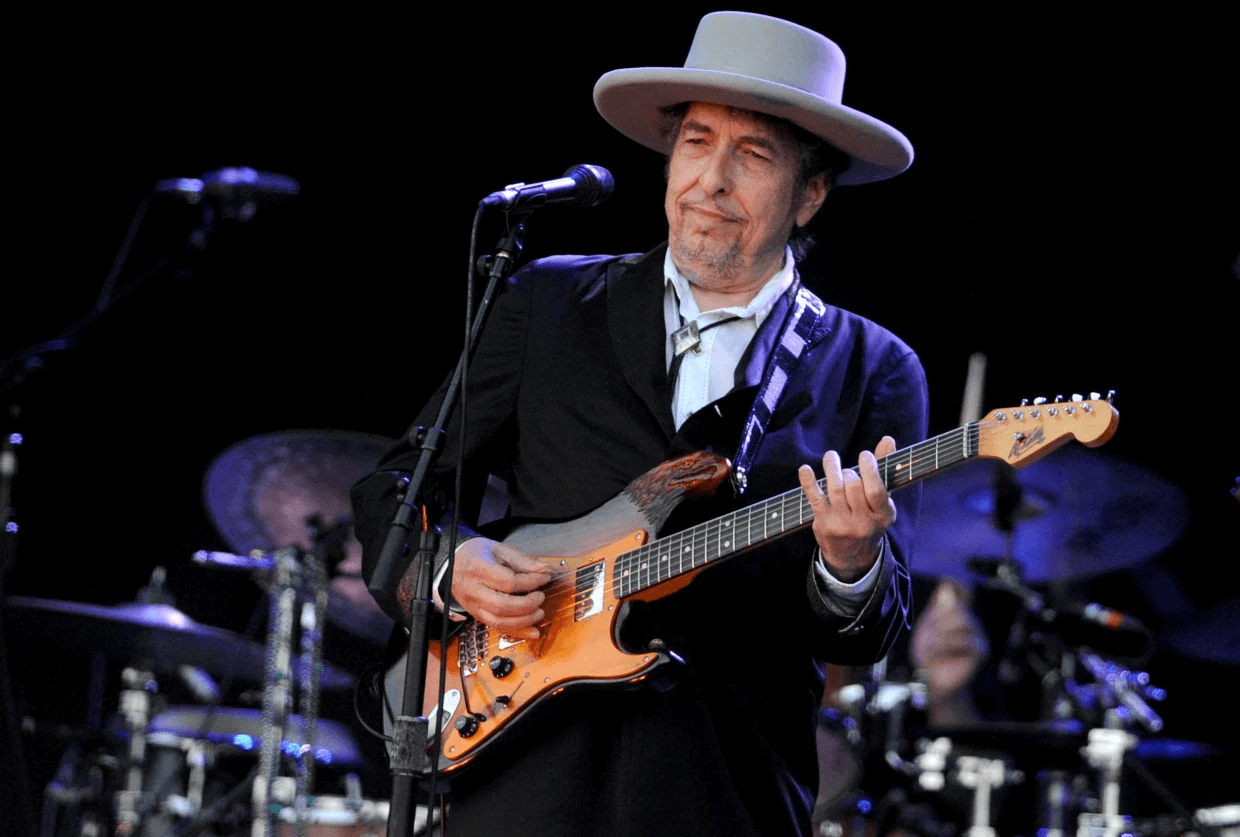Sarah Tillard is an Assistant Editor of VoegelinView, an eighteenth-century humanities researcher currently writing a dissertation-length essay about the pre and post affects of the Restoration, and a recruiting coordinator at her local healthcare firm.

